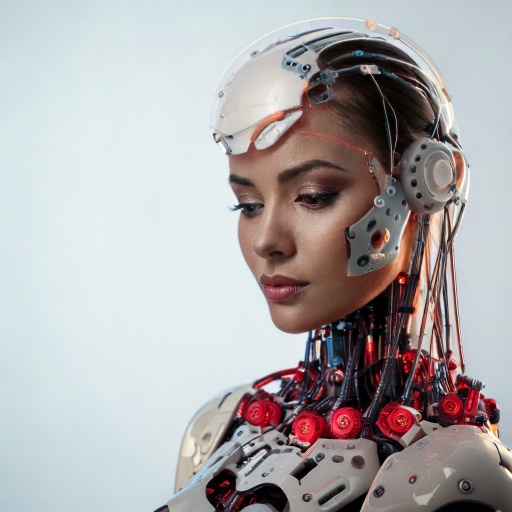Unveiling the Human-Robot Dynamics: Navigating Meaningfulness in Automated Workplaces

In a rapidly evolving job landscape, where the presence of Intelligent Agents and Digital Employees is becoming increasingly prevalent, the dynamics between human workers and their robotic counterparts are gaining significant attention. Recent findings from the Brookings Institution shed light on an often-overlooked aspect of automation's impact: its effect on the meaningfulness of human labor.
Drawing on data from surveys spanning 14 industries across 20 European countries, and cross-referenced with robot deployment figures, the study delves into how the integration of robotics influences the perceived meaningfulness and autonomy levels of human workers. The results reveal a concerning trend: as robotic adoption escalates, there is a notable decline in the perceived meaningfulness and autonomy experienced by human workers across various industries, including automotive, food and beverage, and metal production.
Specifically, the research suggests that a hypothetical increase in robot adoption in the food and beverage industry, mirroring that of the automotive sector, could result in a substantial 6.8% decrease in work meaningfulness and a 7.5% decrease in autonomy. This decline underscores a broader concern regarding the potential dehumanization of labor, as tasks traditionally performed by humans become increasingly automated, leading to questions about the overall satisfaction and fulfillment derived from work.
However, the study also highlights the universality of these impacts, indicating that regardless of education level, skill set, or job tasks, workers are similarly affected by the introduction of robotics in the workplace. This egalitarian decline in perceived meaningfulness underscores the need for comprehensive strategies to mitigate the potential negative repercussions of automation on the workforce.
Addressing this shift requires a nuanced approach that goes beyond simply resisting automation. Instead, fostering collaboration between humans and machines emerges as a key strategy for maintaining worker well-being. By ensuring that Intelligent Agents complement human capabilities rather than compete with them, organizations can strive to preserve the intrinsic value and purpose individuals derive from their work. This emphasis on cooperative robotics presents a promising pathway toward navigating the evolving relationship between human workers and their digital counterparts in an increasingly automated world.
Key Highlights:
- The Brookings Institution conducted a study on the impact of robotics on job meaningfulness and autonomy, utilizing data from worker surveys across various industries and countries.
- Findings reveal a significant negative correlation between robotic adoption and perceived meaningfulness and autonomy levels among human workers.
- Hypothetical scenarios indicate potential declines of 6.8% in work meaningfulness and 7.5% in autonomy with increased robot deployment, raising concerns about the dehumanization of labor.
- The study emphasizes the universal nature of these impacts, transcending education levels, skill sets, and job tasks.
- To address these challenges, fostering collaboration between humans and machines is proposed as a key strategy, aiming to preserve worker well-being amidst automation's rise.
Reference:
https://techcrunch.com/2024/04/18/robots-can-make-jobs-less-meaningful-for-human-colleagues/


